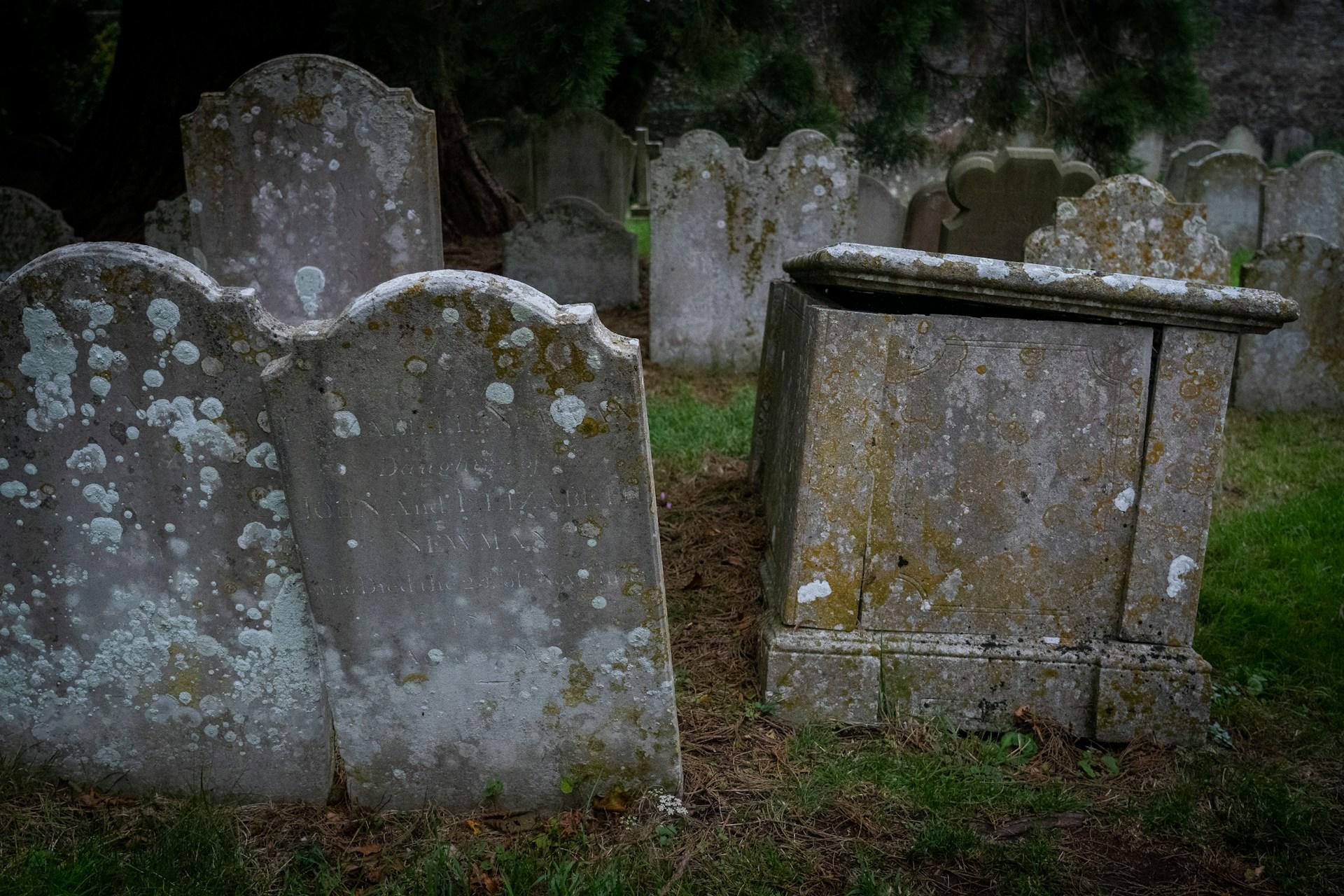Chapters
Famous American filmmaker and voice actor, Andrew Stanton once said, "A strong theme is always running through a well-told story."
This certainly rings true as you study an age-old classic masterpiece like Romeo and Juliet by William Shakespeare, which is part of the GCSE English Literature syllabus.
In this article, we will explore four core themes of this play:
- Conflicts
- Romantic love
- Resistance to societal norms and expectations
- Death and violence

Theme 1: Conflicts
Conflicts are at the heart of Romeo and Juliet, whether it's external or internal. At the beginning of the play, the audience is told about the long, ongoing rivalry between two prominent families in Verona — the Montagues and the Capulets.
We can tell that the scale of this conflict is enormous because of two reasons.

Firstly, the Prince of Verona had to stop the street violence and warn both households to stop fighting.
Secondly, the conflict doesn't just involve the head of the households (Lord Montague and Lord Capulet), but also the servants and acquaintances of the family.
Tybalt Capulet, the nephew of Lord Capulet, was especially agitated whenever he encountered a Montague.
His hatred for the Capulets, coupled with his hot temper and rashness, eventually cost him his life during the third act of the play.
TYBALT: "As I hate hell, all Montagues, and thee" - Act 1, Scene 1
Tybalt ended up killing Mercutio, Romeo's good friend in a duel. Eventually, Romeo kills him to avenge his friend's death. This incident became the climax of the play.
Additionally, the young lovers from these two families, Romeo and Juliet, find themselves in an internal conflict — wishing they had different identities to be together.
Romeo and Juliet could have had a smooth sailing relationship if not for their feuding families.
"O Romeo, Romeo, wherefore art thou Romeo? why must you be "Romeo"
Deny thy father and refuse thy name.
Or, if thou wilt not, be but sworn my love, just swear to be my love
And I'll no longer be a Capulet." - Act 2, Scene 2
Theme 2: Romantic Love
Amidst the conflicts, tensions and violence, Shakespeare captures the audience's attention through the passionate love of both the male and female protagonists — Romeo and Juliet.
Throughout the play, we can see some of the most popular romantic tropes that we are all familiar with.
Love At First Sight:
Romeo is entranced by Juliet's beauty the moment he sees her at her family feast. Despite not knowing her name, he approaches her and engages in a flirtatious banter. Juliet upon meeting him, reciprocated his feelings, by allowing Romeo to kiss her twice — she too was attracted to him at first sight.
ROMEO: Did my heart love till now? Forswear it, sight,
For I ne'er saw true beauty till this night. - Act 1, Scene 5
Forbidden Love:
The young lovers find themselves in a thorny situation when they learn of each other's identities. Juliet was afraid that Romeo would be hurt if her family noticed his presence outside her balcony.
JULIET: If they do see thee, they will murder thee! - Act 2, Scene 2
Declaration of Love:
Romeo famously declares that nothing can ever stop his love for Juliet, even the opposition from Juliet's family. Juliet also compares her love for Romeo to the vastness of the sea and her love for him is limitless.
JULIET: My bounty is as boundless as the sea, My love as deep. The more I give to thee,
The more I have, for both are infinite. - Act 2, Scene 2
Whirlwind Marriage:
Romeo and Juliet decide to get married secretly a day after meeting each other. With the arrangement of Friar Lawrence and Juliet's nurse, they successfully tied the knot in the church.
FRIAR: Come, come with me, and we will make short work. For, by your leaves, you shall not stay alone
Till Holy Church incorporate two in one. - Act 2, Scene 6
Theme 3: Resistance to Societal Norms and Expectations
This theme is constantly played out by different characters in this play, throughout the plot.
First and foremost, Romeo and Juliet defied their family's expectations to pursue a relationship and get married in secret at their account despite knowing their families to be sworn enemies.
Back then, it was the norm for parents to arrange marriage for their children (especially daughters) and they were expected to submit and obey without any objections.
Juliet, especially resisted her family's arrangement for her to marry Paris even when Lord Capulet threatened to disown her. She prioritised her own happiness above her family — planning her secret wedding with her nurse, and even faking her death just to escape marriage with Paris.
Another key figure in this play who demonstrated resistance to societal norms and expectations is Friar Lawrence.
As an esteemed religious figure, he was supposed to uphold laws, traditions, and societal norms by advising Romeo against marrying Juliet. Instead, he agrees to Romeo's request to marry them in secret. Additionally, he also came out with a risky plan by giving a sleeping potion to Juliet to fake her death.
While he may have good intentions, he played a huge role in deceiving everybody, which in turn led to a greater tragedy for both families.
Theme 4: Death and Violence
Shakespeare begins the play with a clear foreshadowing of death, involving a pair of young lovers —Romeo and Juliet.
As the play progresses, four more characters suffer premature death due to several reasons — recording a total of 6 deaths.

The death of each character has significance in the play.
Most of their death were either directly or indirectly affected by another person's violent actions or death.
Violence has always been present throughout the play and Shakespeare uses this element to highlight the disastrous effect of unrestrained violence — premature death.
| Characters | Cause of death | Timeline of death | Significance |
|---|---|---|---|
| Mercutio | Killed by Tybalt Capulet in a duel when Tybaly initially want to fight Romeo. | Act 3, Scene 1 | Mercutio's death marks the first death of play — triggering Romeo's rash actions and tragic ending. |
| Tybalt Capulet | Killed by Romeo to avenge the death of Mercutio. | Act 3, Scene 1 | With the death of Tybalt, Romeo was banished by the Prince of Verona. This means separation from his family and Juliet. |
| Lady Montague | Died out of grief after knowing about Romeo's banishment. | Act 5, Scene 3 | It shows her close attachment and deep affection to her son and also the impact of Romeo's rash violence towards his family. |
| Paris | Killed by Romeo in a duel at Juliet's tomb. | Act 5, Scene 3 | He could have avoided death if he did not challenge Romeo to a duel. Paris was an innocent victim of the feud between the Montagues and Capulets, showing that people can suffer indirectly from conflicts. |
| Romeo | Commits suicide by eating posion after thinking that Juliet is dead. | Act 5, Scene 3 | His death proves that the foreshadowing in the beginning of the play is real and also how passionate his love is for Juliet. Without Juliet, Romeo's life has no more meaning. |
| Juliet | Commits suicide by stabbing herself with a dagger. | Act 5, Scene 3 | Juliet's death completes the foreshadowing of tragedy. After waking up and discovering Romeo's death, she doesn't find any reason to live — their love for each other is strong. |
All of these characters could have avoided death if no unnecessary violence had taken place. Apart from Lady Montague, the other characters were fairly young. For instance, Mercutio. Romeo's friend could have avoided death if he chose to listen to Romeo and not engage in a duel with Tybalt.
As you study these four themes, it would be great to show the relationship between these themes and the characters and also how they are still relevant to the modern audience today when you answer the questions of your GCSE English Literature paper.
Summarise with AI:












